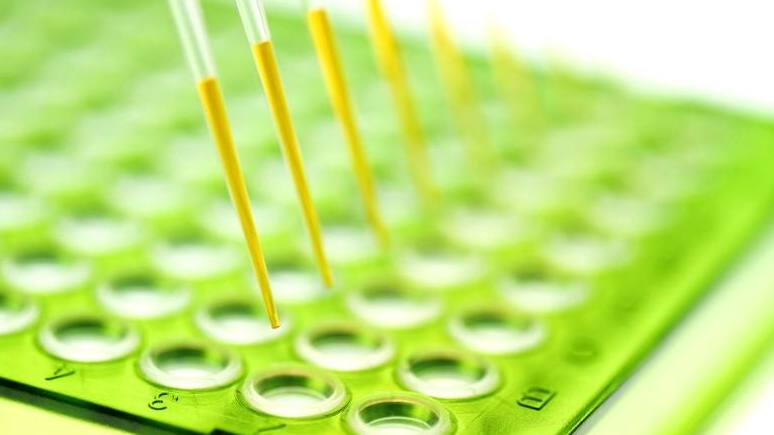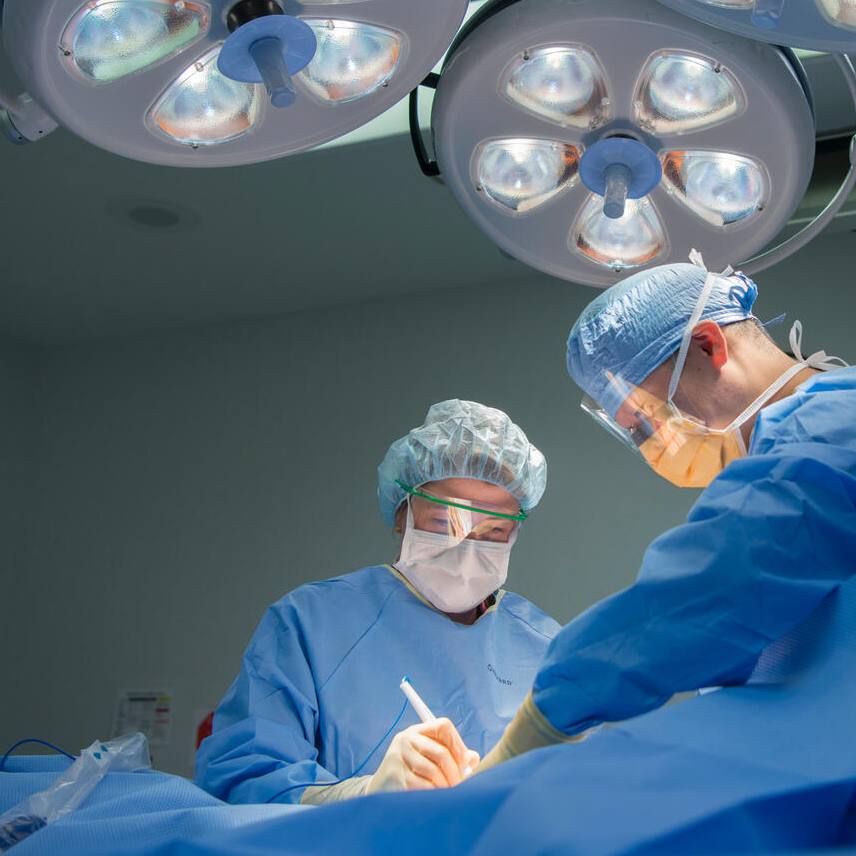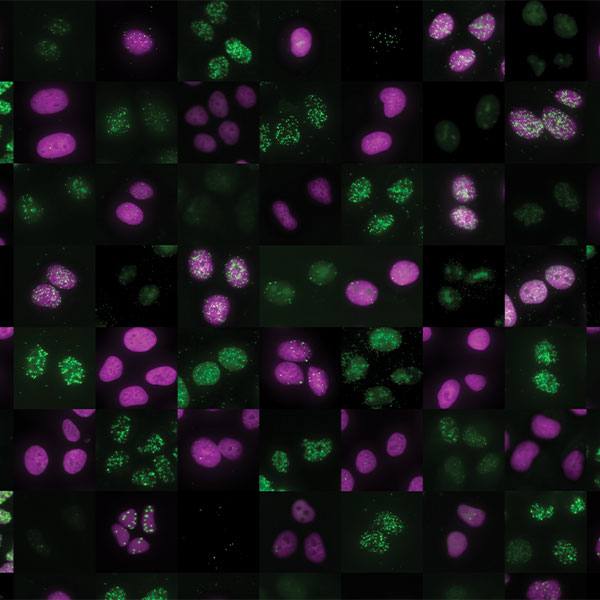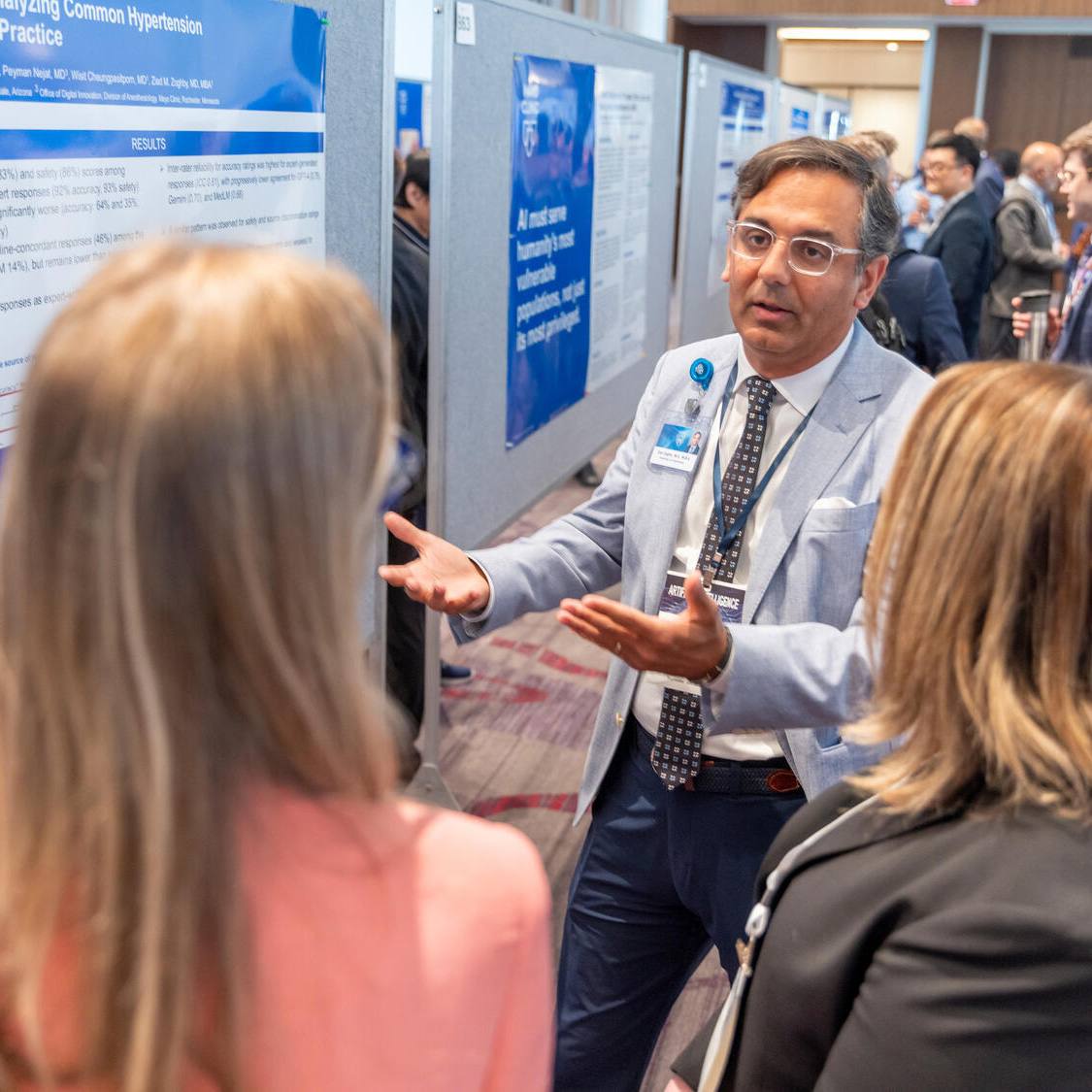-
Science Saturday: Biomarkers could help early diagnosis of Alzheimer’s

Early diagnosis will ultimately be essential in the management and treatment of Alzheimer’s disease. Examination of Alzheimer’s biomarkers can improve the prediction of short-term memory decline in middle-age and elderly individuals, according to new research from Mayo Clinic.
A new diagnostic framework developed in collaboration with the National Institute on Aging and the Alzheimer’s Association, paired with new tools at Mayo Clinic, is showing promise in diagnosing Alzheimer’s earlier and more accurately, researchers write in “Associations of Amyloid, Tau, and Neurodegeneration Biomarker Profiles With Rates of Memory Decline Among Individuals Without Dementia” in the Journal of the American Medical Association (JAMA).
In exploring associations between beta-amyloid, tau and neurodegeneration, or AT(N), biomarkers and memory decline in a population-based cohort, Clifford Jack Jr., M.D., and colleagues write, “This study illustrates the potential clinical utility of AT(N) biomarkers to improve prediction of short-term memory decline over commonly available clinical and genetic information.”
AT(N) is the classification of the major existing Alzheimer’s disease biomarkers into three categories: A, the beta-amyloid biomarker; T, the tau biomarker; and (N), the biomarkers of neurodegeneration or neuronal injury, Dr. Jack writes.
The study consisted of 480 Mayo Clinic Study of Aging participants without dementia age 60 or older in Olmsted County, Minnesota, with 99 percent self-reporting as white. Using the Rochester Epidemiology Project enumeration, participants for the Mayo Clinic Study of Aging are randomly selected by 10-year age and sex strata to equally represent both males and females. Read the rest of the article on Advancing the Science.
_________________________________________________
Other Mayo Clinic medical research websites:
- Research at Mayo Clinic
- Discovery’s Edge
- Advancing the Science
- Forefront
- Mayo Clinic Center for Individualized Medicine
- Center for Regenerative Medicine
- Center for the Science of Health Care Delivery







